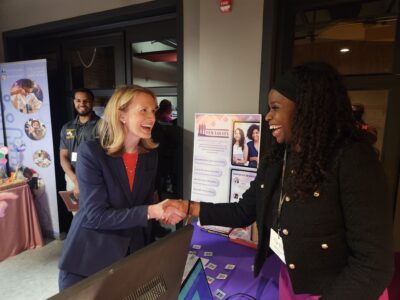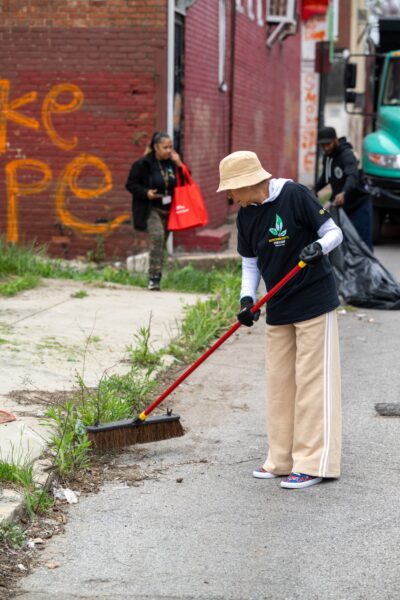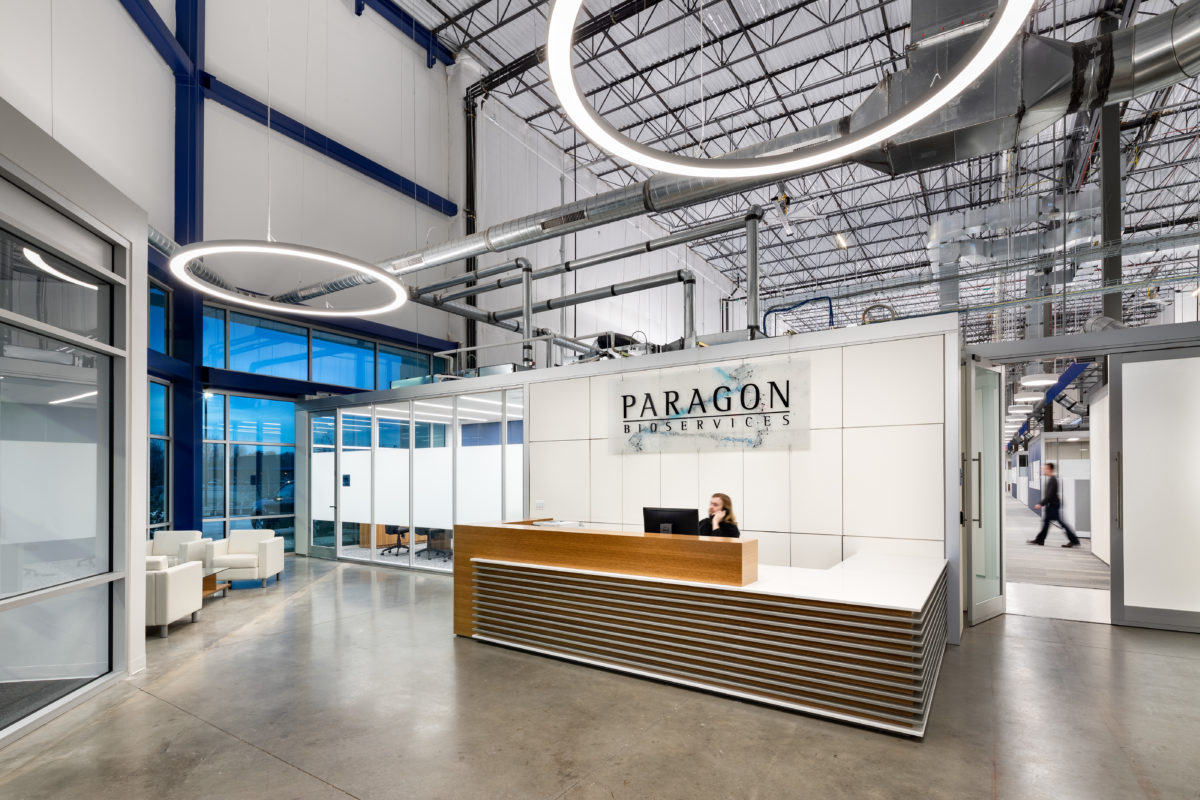For Paragon Bioservices, news came quickly earlier this month.
On a Thursday in mid-April, Gov. Larry Hogan and other state and county officials joined biotech community supporters at an Anne Arundel County site near BWI Airport that’s increasing capacity for the company’s work with large firms to manufacture new treatments. Specifically, speakers talked about the company’s expertise in gene therapy, which is an area of medicine that involves introducing DNA to fight a genetic disease.
By that Monday morning, the Baltimore city-based company’s capabilities in gene therapy were being touted by New Jersey-based Catalent, an 11,000-employee company with facilities on five continents: Catalent said it had agreed to acquire Paragon Bioservices in a $1.2 billion deal.
The exit, which is expected to close in the second quarter, is among the largest in the region of the last decade. Compared against a list of the highest-dollar deals since 2008 provided by Pitchbook, here’s where it would stack up: The acquisition would be the second-largest exit of a private equity-backed Baltimore city company in the last decade, behind Laureate Education’s IPO in 2017. Region-wide, it would be fourth-largest deal for a private equity-backed company. It’s also notable to this reporter that it’s the only biotech deal in the mix.
Along with the eye-catching financials, Paragon’s growth is also bringing jobs. At the facility announcement, CEO Pete Buzy said the company was already planning to expand its team of 380 to more than 500 people by the end of the year.
More growth could be coming. Later on the same morning as the acquisition announcement, more news emerged: Paragon is looking to increase its space in Anne Arundel County to a second building, and exploring the expansion in partnership with Sarepta Therapeutics. Together, the site could have 425,000 square feet of manufacturing space, which has the potential for more job growth.
###
That growth is coming from a company with roots in the area’s biotech community and efforts to locate companies around the area’s research centers as a means to grow companies. Founded by Marco Chacon in 1990, the company later moved into the University of Maryland BioPark, which is located west of the university’s downtown campus.
“In the early stages of Paragon’s journey, we worked together with the University of Maryland BioPark and their partners at Wexford Science and Technology development to build out a GMP [good manufacturing practice] space for process development and early stage manufacturing of our customers’ products,” Buzy said. “Most of the land on which the BioPark sits had been vacant for years or was occupied by vacant commercial properties.
“When Wexford developed the first property at the BioPark, there was a vision to create a vibrant biomedical research park,” he said. “Today, the BioPark consists of 12 acres and additionally, Paragon has over 125,000 square feet of laboratory, manufacturing and office space at this location.”
Paragon’s BioPark space remains the company’s headquarters, and the district itself is looking to expand with the addition of a new building.
“We hope in the relatively near term to be starting on another building, and Paragon’s expansion is a big driver of that,” said James Hughes, UMB’s chief enterprise and economic development officer and senior VP. Hughes recalled that the company had about 30 employees when it first moved in about a decade ago, and has been on a growth run since.
But to Hughes, the influence of Paragon goes beyond space. The company’s expansion efforts have drawn talent to the region and built the biotech workforce, Hughes said, and in turn Paragon has helped other companies in the BioPark and the region.
###
At Technical.ly, we’ve been noting that this is the second big exit we’ve seen in recent months of a biotech company connected to a city-based research hub: In Philly, my colleague Roberto Torres reported that Roche agreed to buy Spark Therapeutics in a $4.8 billion deal. The Children’s Hospital of Pennsylvania spinout is publicly traded.
With projects such as the BioPark, there’s a hope that proximity will lead to companies supporting each other, and Hughes said Paragon has been a prime example of a company that reaches out within the university, as well as education efforts in Baltimore.
“They’ve been very engaged with the community,” Hughes said, calling the company the “ideal good corporate citizen who is eager to help others get ahead and inspire the next generation.”
With the acquisition, there are also returns locally for investors. The firms which invested in the company include Inner Harbor-based Camden Partners, along with Philadelphia-based NewSpring Health Capital.
“Camden Partners, together with Paragon’s additional equity partners, NewSpring Healthcare Capital, have played a substantial role in providing our company access to growth and continued job creation,” Buzy said.
Exits themselves can also have a ripple effect. Hughes noted that Paragon’s exit follows another UMB-associated deal of recent years: Harpoon Medical’s acquisition by Edwards. With such exits happening, it shows that local investors have put money into early-stage life sciences companies — a move not without risk — and seen a return. That’s a sign to local investors, as well as those outside the region, Hughes said.
“By seeing a company do this well in Baltimore, I think it reinforces the idea that biotech can really thrive in Baltimore city,” he said.
Join the conversation!
Find news, events, jobs and people who share your interests on Technical.ly's open community Slack

Baltimore daily roundup: Film fest spotlights cinema's immersive frontier; over $1M for a wellness startup; $2B to rebuild the Key Bridge

Baltimore daily roundup: Key takeaways on the local tech ecosystem; a video editor's path to working with Keke Palmer; BCIT's new podcast

Baltimore daily roundup: 20 people building Baltimore's innovation community; a local startup's $15K win; the USMC's new tech office


